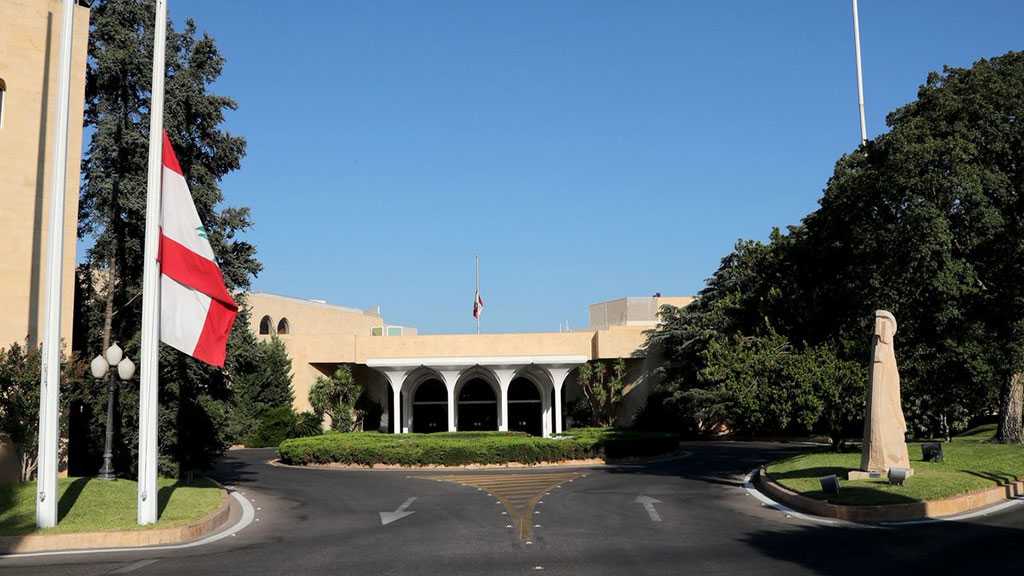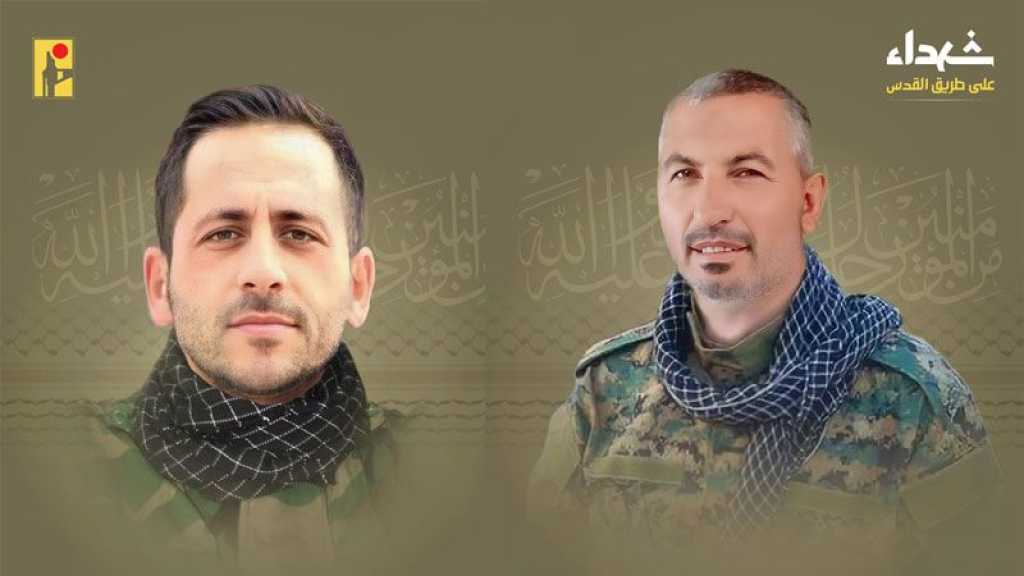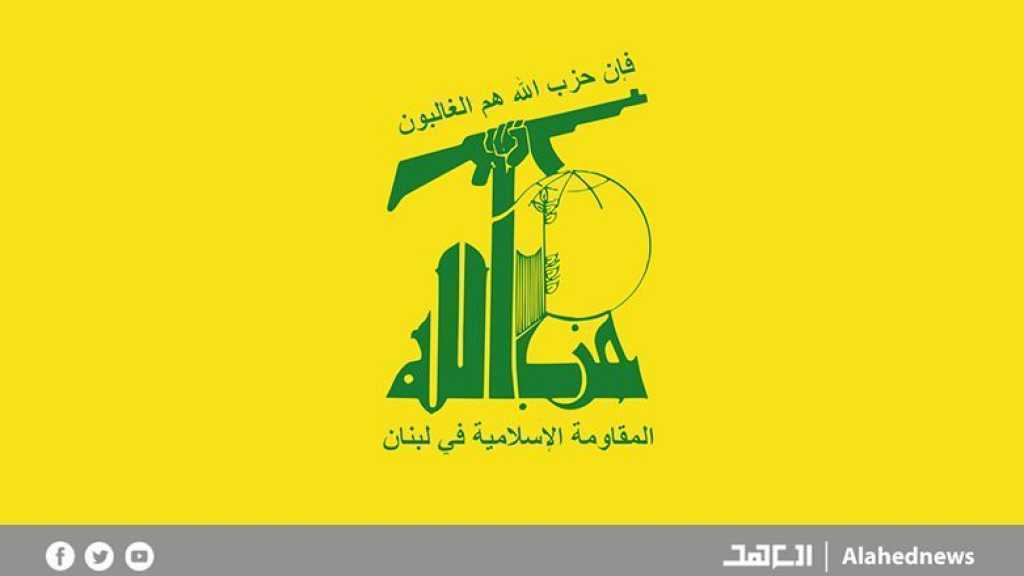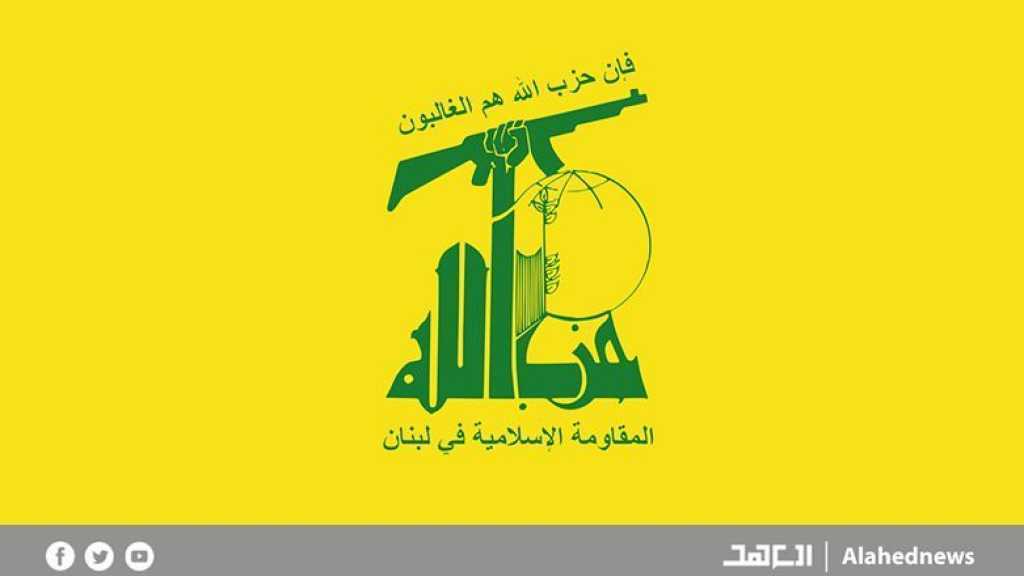
Lebanese Parliamentary Consultations to Name New PM Begin

By Staff, Agencies
Parliamentary consultations to designate a new prime minister began Thursday morning at the Presidential Palace in Baabda, with AUB professor Hassan Diab now frontrunner for the position.
Lebanon’s caretaker Prime Minister Saad Hariri arrived at 10:30 a.m. to meet with President Michel Aoun. Hariri left the meeting with Aoun and wished luck to everyone.
Former Prime Minister Najib Mikati then arrived at 10:45 a.m. and met with Aoun. After the meeting, Mikati told local media that his Solidarity bloc would not name a prime ministerial candidate.
Former PM Tammam Salam met with Aoun at 11 a.m. After the meeting, he said that he would also not name anyone, as he didn't see "the point of naming a candidate for the premiership in this atmosphere."
Deputy Speaker Elie Ferzli met with Aoun at 11:15 a.m.
Following the meeting, Ferzli said that he had named Diab for the premiership, in order to meet the country's need to form a government.
Ferzli was the first person to nominate Diab. Hezbollah’s Loyalty to the Resistance bloc, the National Coalition and Social Nationalist bloc also nominated Diab, bringing the total up to 21 votes.
The Progressive Socialist Party's Democratic Gathering bloc named Judge Nawwaf Salam for the premiership, giving him nine votes.
The Future bloc, which met with Aoun at 11:30 a.m., said that it did not name a candidate.
Diab, a former education minister and professor at the American University of Beirut, emerged as a favorite candidate Wednesday evening. Diab's name was proposed and agreed by officials from Hezbollah, the Amal Movement and the Free Patriotic Movement.
Thursday’s parliamentary consultations were postponed twice. They were initially scheduled for Dec. 9, but Aoun put them back until Dec. 16, then further delayed them until Dec 19, in accordance with Hariri’s wishes.
The governmental deadlock began when Hariri resigned from his post on Oct. 29, after weeks of nationwide protests against the ruling class.
Comments
- Related News



